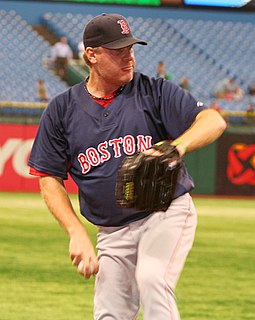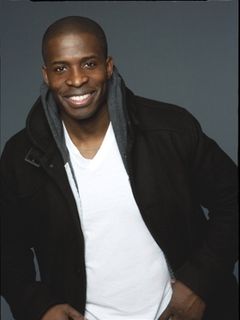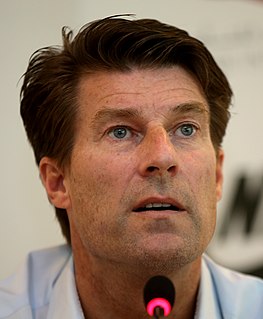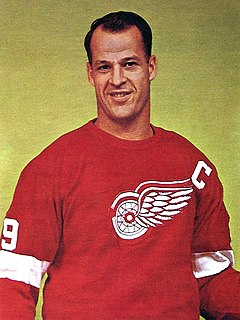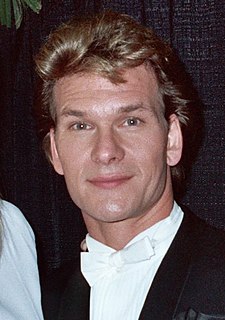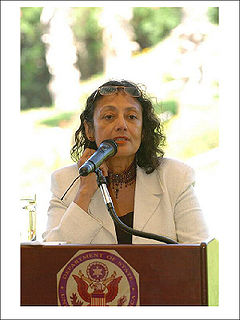A Quote by John Wooden
I had three rules for my players: No profanity. Don't criticize a teammate. Never be late.
Related Quotes
If the NFL can keep getting away with forcing players to wait three years out of high school before they're drafted - three! - the NCAA should be made to do away with its rules against paying players beyond room, board and tuition. I'm not talking about some token, $2,000-a-year 'spending money' stipend for every player.
I have had players who are good, and who know they are good; I have had players who are bad and
know they are bad; I have had players who are good, but who don't know they are good; I have had
players who are bad, but who don't know they are bad. It is this last group that has won more games for
me than the first three groups combined.
We live, understandably enough, with the sense of urgency; our clock, like Baudelaire's, has had the hands removed and bears the legend, "It is later than you think." But with us it is always a little too late for mind, yet never too late for honest stupidity; always a little too late for understanding, never too late for righteous, bewildered wrath; always too late for thought, never too late for naïve moralizing. We seem to like to condemn our finest but not our worst qualities by pitting them against the exigency of time.
I don't think that my lyrics are over-laced with profanity, because I myself don't speak using a lot of profanity in normal conversation. But I think when you're making something aggressive and you need to get a point across, if you're angry, sometimes profanity is necessary. It's better to use a curse word than to hurt somebody else, I find.
In my own field, x-ray crystallography, we used to work out the structure of minerals by various dodges which we never bothered to write down, we just used them. Then Linus Pauling came along to the laboratory, saw what we were doing and wrote out what we now call Pauling's Rules. We had all been using Pauling's Rules for about three or four years before Pauling told us what the rules were.

